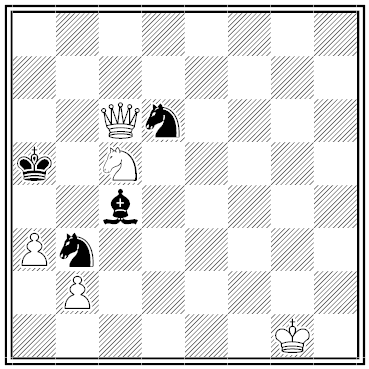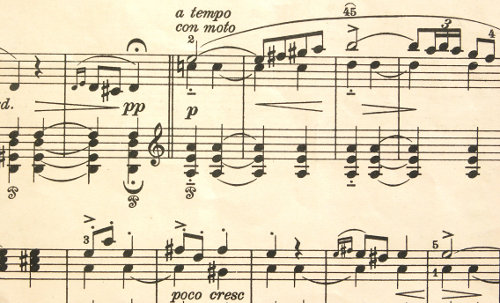Franz Bibfeldt is unusual among theologians — he doesn’t exist. In 1947, divinity student Robert Clausen invented the name for a fictitious footnote in a term paper at Concordia Seminary in St. Louis, and his classmate Martin Marty then wrote a review of Bibfeldt’s book The Relieved Paradox in the seminary magazine. The book was imaginary, but the conspirators arranged for it to be cataloged at the school library and always checked out.
When the hoax was discovered, the perpetrators were reprimanded and Marty was sent to Chicago, where he eventually rose to become a dean at the University of Chicago divinity school. So, Marty said, “Bibfeldt had more influence on me than any other theologian.”
Under Marty’s influence, Bibfeldt grew into an invisible mainstay at the school. A display case in the entry hall was filled with signed photographs of mayor Richard Daley, Spiro Agnew, Illinois senator Charles Percy, former Georgia governor Lester Maddox, and the 1971 Playmate of the Year, all inscribed to Bibfeldt, and an annual symposium featuring bratwurst and beer was held each year on the Wednesday closest to April Fool’s Day. Graduates eventually spread Bibfeldt’s gospel elsewhere — he’s noted in the Oxford Encyclopedia of the Reformation; a session at the American Association of Religions meeting in 1988 was devoted to Bibfeldt; and in 1994 the evangelical satire magazine The Wittenberg Door named him theologian of the year.
Bibfeldt himself is characteristically modest — reportedly he has given only one interview, and that to Howard Hughes — but his acts are famous:
- He adapted the Sermon on the Mount for American audiences, writing, “Blessed are the happy who have everything, because they won’t need to be comforted” and “Blessed are the impeccably dressed, because they will look nice when they see God.”
- He responded sharply to Kierkegaard’s Either/Or with a treatise titled Both/And, followed by the conciliatory Either/Or and/or Both/And.
- Other publications include A Pragmatist’s Paraphrase of Selected Sayings of Jesus, The Boys of Sumer: Akkadian Origins of the National Pastime, I Hear What You’re Saying, But I Just Don’t Care: Thoughts on Pastoral Counseling, Luther on Vacation: From Worms to Cancun, and The Wealth of King Solomon: A Hebrew Scripture Prefigurement of Sports Contracts.
- “It is more difficult for a rich man to enter the Kingdom of Heaven than for a camel to pass through the eye of a needle,” he wrote. “Yet, with genetic engineering, we can now breed very small camels.”
“We use him very mildly, gently, to satirize the whole theological system,” Marty said. “There’s really no malice in it.”








